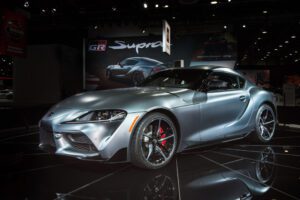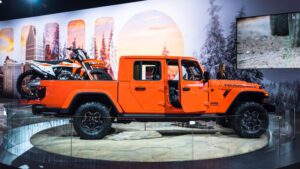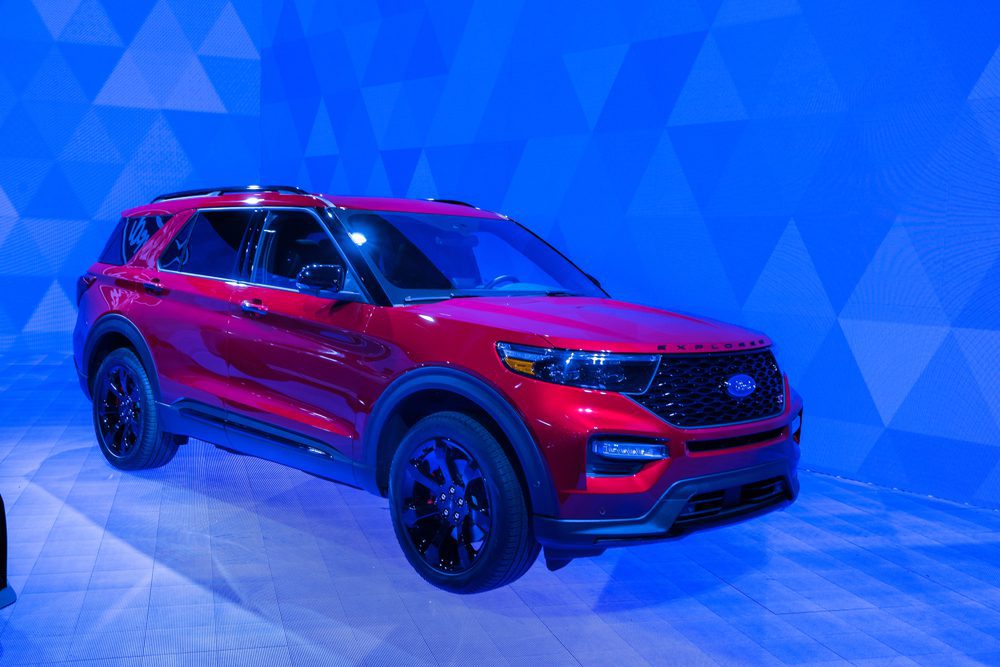On March 29th, the organizers of the North American International Auto Show officially pulled the plug on the 2020 event. Scheduled to run from June 6th through June 20th at TCF Center in Detroit, Michigan, the premier auto show has been canceled as FEMA begins to prepare the venue as a field hospital.
It’s just another casualty of the COVID-19 pandemic taking its course in America. Michigan is one of the states struggling to contain the spread of the virus, so cancelling NAIAS makes complete sense. The question remains, though, of what happens for the automotive industry when events like NAIAS, Geneva Motor Show, and dozens of others are cancelled?
How Auto Shows Help the Industry
From the NAIAS website, they state their purpose as such: “NAIAS serves as the global stage for companies to debut brand-defining vehicles, offer product ride-and-drives, and announce industry-shaping plans.” Clearly, high-profile auto shows are an important venue for carmakers across the board.
- “Brand-defining vehicles” are released that show the direction carmakers are taking, both conceptually and in real-world models.
- Ride and drives have always been a way of getting industry professionals and consumers excited about new models coming down the line and experiencing industry-leading tech.
- Plans that shape the industry – things like EV development and autonomous driving tech – become mainstream topics after major car shows.
Auto shows across the world are a critical component for automakers to attract attention to their brand and especially their products. What happens this year when car shows aren’t running as usual?
Related: How OEMs Are Adapting to COVID-19
Postponements Likely
Ford Motor Company had plans to preview their new Ford Bronco in late March. However, they confirmed to CNET that pre-launch events would be postponed due to COVID-19 as manufacturing resources were being diverted to combat the virus and protect employees.
More immediately for Ford, the all-electric Mach-E is scheduled for release late this fall. “For something like the Ford Mach-E, it’s such an important vehicle to the Ford lineup that you really don’t want to botch the launch and make it less of a splash,” Jessica Caldwell, analyst at Edmunds said.


One of Volkswagen’s most popular models was in the lineup for a facelift, the VW Golf, and the Audi A3 Sedan was expected later in 2020. Both models were digitally launched online instead of at the Geneva Motor Show. It’s unlikely the physical release will occur on schedule, though, as the world’s largest carmaker will want to make the most of their launches and can be expected to wait until the market recovers a little.
Most carmakers haven’t tipped their hand about postponements and new model launch cancellations yet. It can be expected, and it will impact the market when COVID-19 impacts have let up. Customers will need to decide whether to buy a current model or wait for their new release, and market uneasiness will factor in also.
Related: More Auto Manufacturers Pause Production during COVID-19
Did you enjoy this article from Jason Unrau? Read other articles from him here.
Car Biz Today, the official resource of the retail automotive industry.


While you’re here, don’t forget to subscribe to our email newsletter for all the latest auto industry news from CBT News.
This has been a JBF Business Media production.








